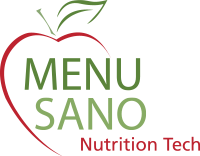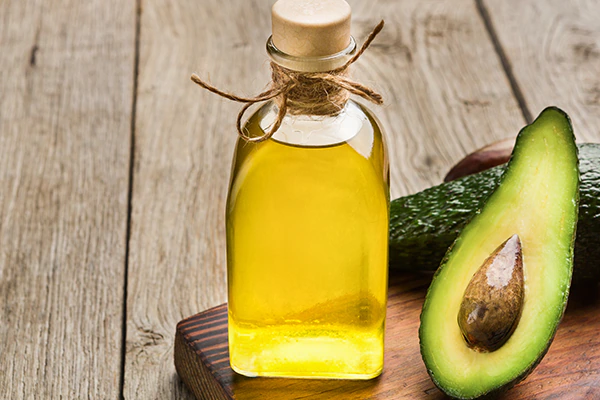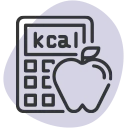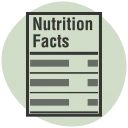We’ve got some news for you: Not all fats are bad. There’s a fat that’s good for you. That fat is omega-3.
Omega-3 may sound like some weird fatty chemical compound you need a Ph.D. to understand, but it’s not—and it’s so much more than just good for you. It’s kinda essential. Here’s what it is and why your body needs it (and how to get more if you’re deficient).
Omega-3s are polyunsaturated fatty acids (PUFA), which means they’re made up of more than one double bond between carbon atoms. So, while they don’t have any single bonds, they do contain two or more double bonds between their carbon atoms.
Omega-3s are important for cellular health, and there are three of them: ALA (alpha-linolenic acid), EPA (eicosapentaenoic acid), and DHA (docosahexaenoic acid). Your body can make DHA and EPA from ALA, but the ability to make that conversion isn’t always reliable—so to ensure your body gets enough of these fats, eat foods that contain them directly.
Omega-3 is in many foods, but it’s easy to fall short of getting the recommended amount. The American Heart Association recommends eating at least two 3.5-ounce servings of oily fish like salmon, herring, mackerel and sardines per week.
Did you know that you can get all the omega-3 fatty acids you need from foods like salmon and anchovies? These two fish are full of omega-3, as are certain plant foods like flaxseed, chia seeds, and walnuts. If you’re vegan or vegetarian, it’s important to know that these plant foods are the only sources of omega-3 in nature—so if you don’t eat them regularly, it’s a good idea to look into supplements to make sure you’re getting enough.
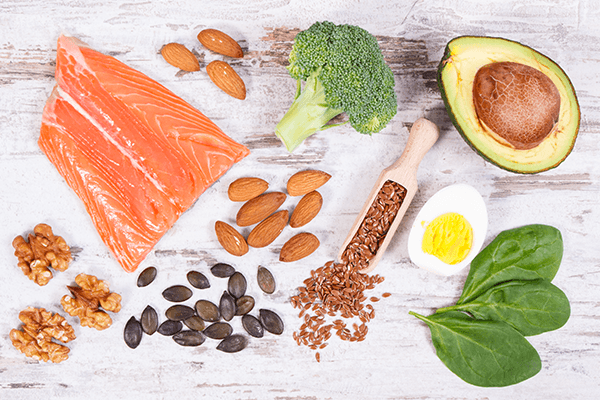
That’s not always easy. So should you take a fish oil supplement?
If you’re thinking about adding a fish oil supplement to your daily routine, we’ve got good news!
Fish oil supplements are easy to get more of the omega-3 fatty acids EPA and DHA. These fats are important for good health in general, but they can also be helpful for heart health. Research shows that people who regularly eat fatty fish or take fish oil supplements have a lower risk of dying from heart disease.1
Some research has found that taking a fish oil supplement may help people who have had heart attacks have better outcomes.2 And if you’re already at risk for heart disease, your doctor or dietitian may encourage you to take more. Check with them to find out how much is right for you.
In any case, the key is to get a supplement that provides both EPA and DHA. And quality matters. Ensure that the supplement provider follows Good Manufacturing Practices (GMPs) and is certified by an independent testing organization like the NSF.
Make a product with Omega-3 and want to show that off? MenuSano makes it easy to create Nutrition Fact Labels you can use to stay compliant or show your customers how healthy the food they’re consuming is.
Fill out the form below, or click here to start a free trial today!
